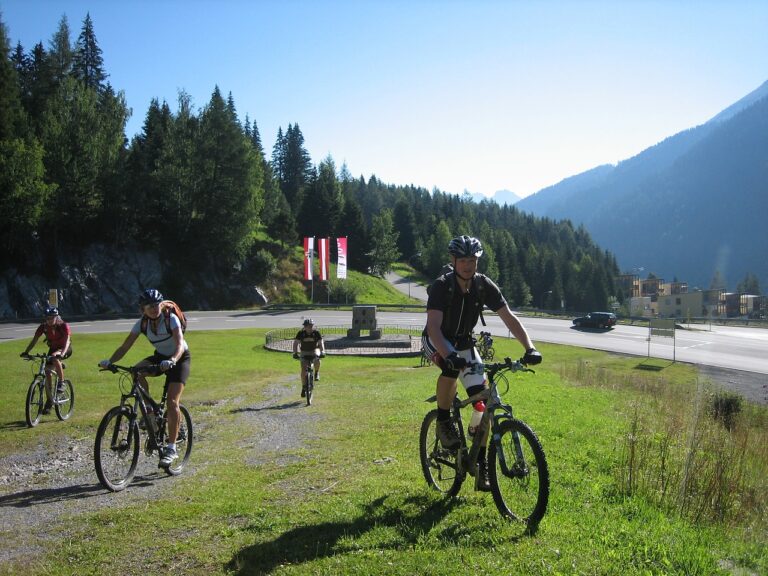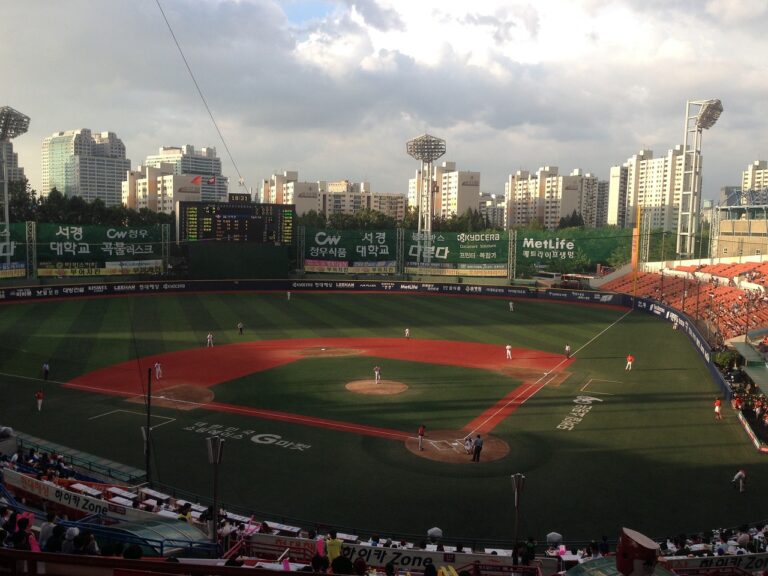HACCP Compliance in Catering Services for IPL Events: Betbhai99 com login, Radheexch, My99exch
betbhai99 com login, radheexch, my99exch: HACCP Compliance in Catering Services for IPL Events
Are you planning to cater for an IPL event? If so, ensuring HACCP compliance is essential to guarantee the safety of the food being served. HACCP (Hazard Analysis and Critical Control Points) is a systematic preventive approach to food safety that addresses physical, chemical, and biological hazards as a means of prevention rather than finished product inspection.
When it comes to catering for large-scale events like IPL matches, following HACCP principles is crucial to maintaining high standards of food safety. Here are some key guidelines to help you ensure HACCP compliance in catering services for IPL events:
1. Conduct a Hazard Analysis
Before the event, it’s important to conduct a thorough hazard analysis of all the food items that will be served. Identify any potential hazards, such as cross-contamination, improper cooking temperatures, or food spoilage, and put measures in place to control these risks.
2. Establish Critical Control Points
Critical control points are specific points in the food production process where potential hazards can be controlled. For example, cooking, cooling, and storage temperatures are critical control points that need to be closely monitored to ensure food safety.
3. Implement Monitoring Procedures
Once critical control points have been identified, it’s essential to implement monitoring procedures to ensure that these points are being adequately controlled. Regular temperature checks, hygiene audits, and staff training are all key components of effective monitoring procedures.
4. Set Up Corrective Actions
In the event that a critical control point is not being adequately controlled, it’s important to have corrective actions in place to address the issue promptly. This may involve adjusting cooking temperatures, discarding contaminated food, or retraining staff on proper food handling procedures.
5. Keep Detailed Records
Maintaining detailed records of all food safety procedures is essential for HACCP compliance. This includes temperature logs, cleaning schedules, staff training records, and any corrective actions taken. These records not only demonstrate compliance but also provide valuable information for future events.
6. Conduct Regular Reviews and Audits
Regular reviews and audits of your HACCP plan are essential to ensure ongoing compliance. This may involve internal audits conducted by your catering team, as well as external audits by regulatory bodies or third-party food safety experts.
By following these guidelines and implementing a robust HACCP plan, you can ensure the safety and quality of the food being served at IPL events. Remember, food safety is paramount in catering services, and HACCP compliance is a critical component of achieving this goal.
FAQs:
Q: What is HACCP?
A: HACCP stands for Hazard Analysis and Critical Control Points. It is a systematic approach to food safety that identifies and controls potential hazards in food production processes.
Q: Why is HACCP important for catering services at IPL events?
A: HACCP compliance is essential to ensure the safety of the food being served at large-scale events like IPL matches. By following HACCP principles, caterers can prevent foodborne illnesses and maintain high standards of food safety.
Q: How can I ensure HACCP compliance in my catering services for IPL events?
A: To ensure HACCP compliance, conduct a hazard analysis, establish critical control points, implement monitoring procedures, set up corrective actions, keep detailed records, and conduct regular reviews and audits of your HACCP plan.







